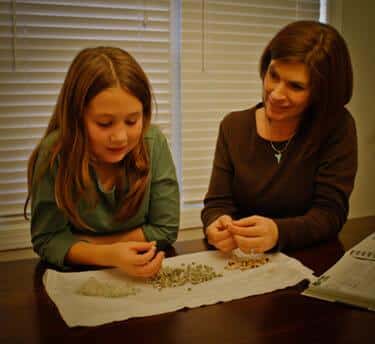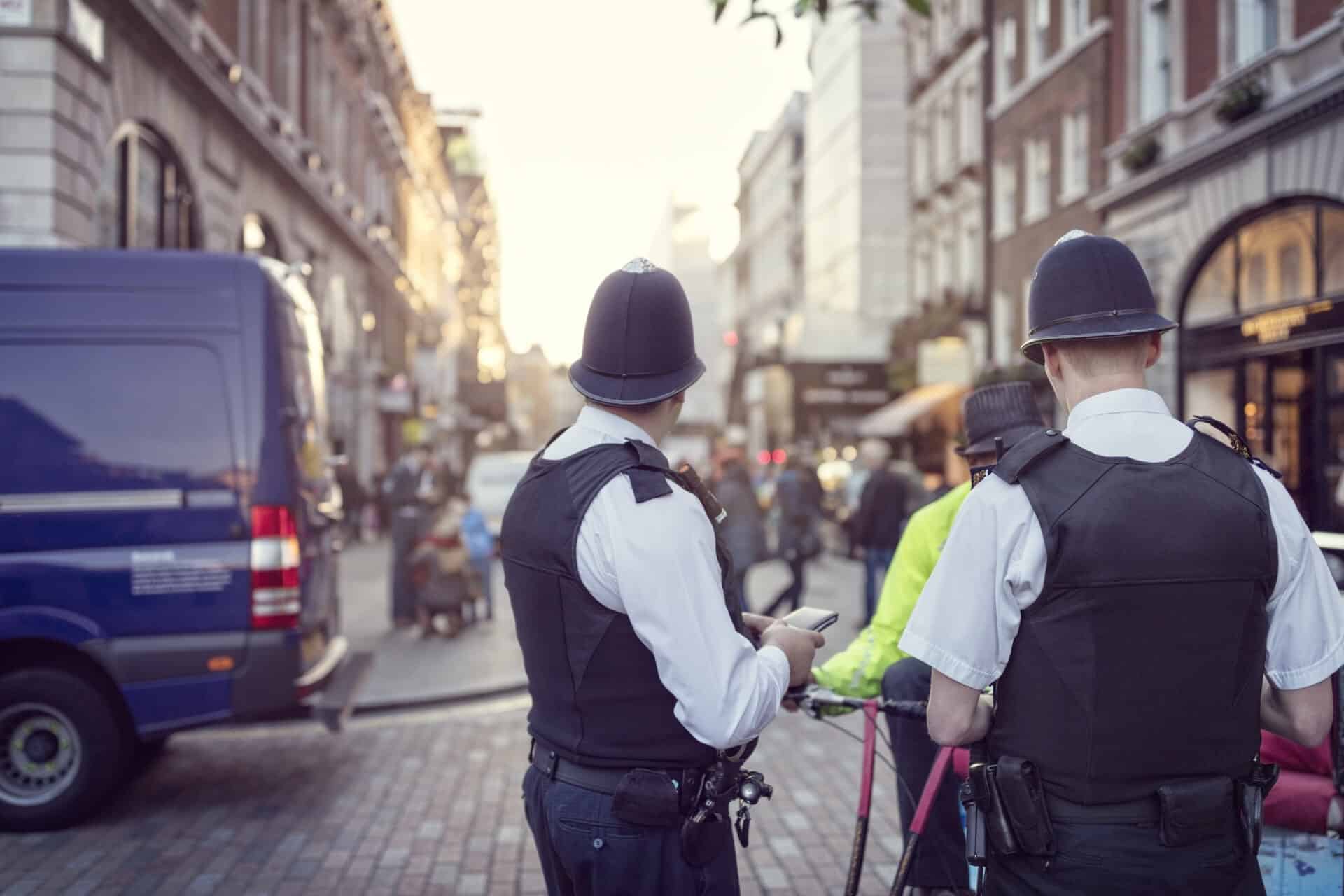It is one second after an electromagnetic pulse attack on the United States, and America is changed forever. William Forstchen gives us a glimpse into a future that is too frighteningly real and possible, leading us through the breakdown in civilization and the deaths of thousands as we follow the plot through the eyes of a professor and military veteran at a Christian college in a small North Carolina town.
The town is faced with a harsh reality—they are completely cut off from the rest of the world, and have only the stores of food and goods available on the store shelves at the moment of the attack (and whatever was in 18-wheelers stalled on the highway), and the bounty of nature in the woods and mountains surrounding the town. The few medical supplies still left are all that there is and all they’re going to get.
Immediately, because of the loss of power, deaths start to occur in the nursing homes and the hospital. Without modern medicine to stave off infection, disease begins to run rampant in the area. Hungry people from the highways and byways surrounding the town begin to trickle in, and soon gangs of marauders (which include cannibals) begin to terrorize the countryside.
As the story wound its way to a conclusion, I had this mental image of the burned out landscape in the movie The Book of Eli. Certainly that is the tragic conclusion for anyone not prepared in the least for a return to colonial ages in an instant. But are we as a people largely as non-resilient as the author surmises? I guess that is for the reader to determine.
All in all, Forstchen gives us a glaring wake-up call in One Second After. Even if the premise of total societal collapse forever, in which he bases his book, is more the purview of fiction rather than reality, the reality is that there would be a great interruption in this fragile thing we call civilization. Once the thin veneer of civilization is irrevocably torn, it’s hard to get it back again. If nothing else, Forstchen’s One Second After is a call to prepare, to learn those skills which will stand us in good stead in a time with no modern conveniences, and a suggestion to never rely on or get comfortable with the fragility of a system that can be taken from us in the matter of one second.








